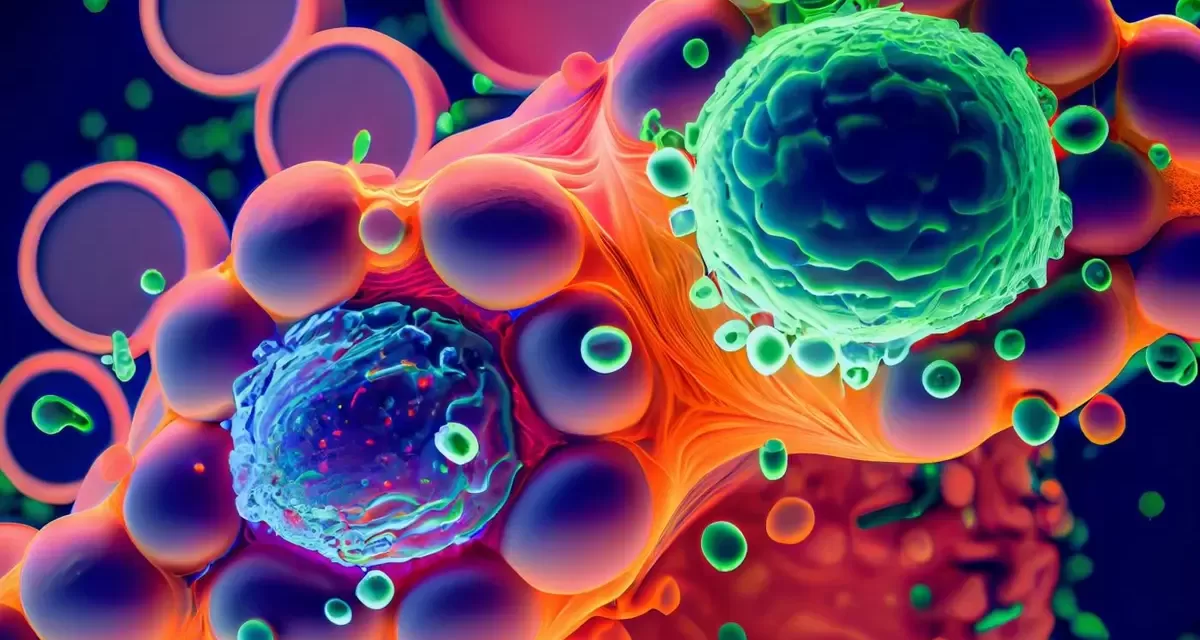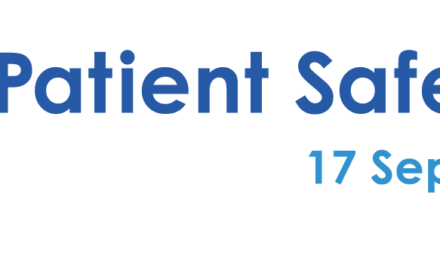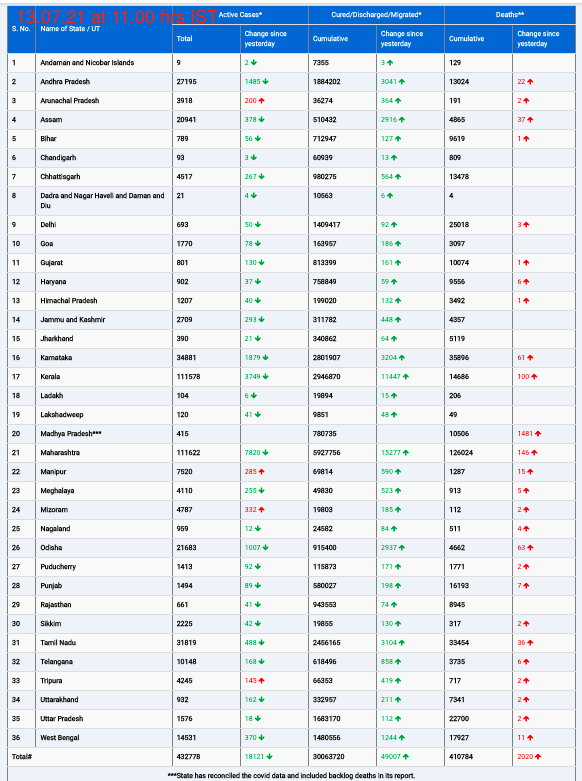University of Galway’s Groundbreaking APOLLO Project Paves the Way for Personalized Healthcare
In a landmark achievement for health research, scientists at the University of Galway have unveiled the APOLLO project, the world’s largest digital collection of microbial data. With a staggering 247,092 computer models of bacteria, the archive promises to revolutionize our understanding of the microbiome—an ecosystem of microbes that plays a pivotal role in our health.
Led by Professor Ines Thiele, a principal investigator at APC Microbiome Ireland and Director of the Digital Metabolic Twin Centre at the University of Galway, APOLLO offers an innovative way to study the microbiome. Unlike traditional methods, which require slow and often complex laboratory work, the digital models allow researchers to simulate bacterial behavior and study their metabolic processes at unprecedented speeds.
A New Era in Microbiome Research
The APOLLO library is a treasure trove of detailed computer models that replicate how bacteria convert nutrients into energy and produce byproducts, many of which influence our health. The archive also includes 14,451 community simulations from diverse populations around the world, providing a global snapshot of how the microbiome varies across age groups, continents, and dietary habits. These simulations enable scientists to search for patterns linked to diseases, life stages, and health risks.
Dr. Cyrille Thinnes, project scientist at the University of Galway, described the launch of APOLLO as a significant milestone in microbiome modeling, saying, “APOLLO marks a major milestone in personalized microbiome modeling on a global scale.” Through the database, researchers can explore how the gut microbiome influences not just digestion but also mental health, immune system function, and even chronic diseases.
Unlocking the Secrets of the Microbiome
Scientists have long suspected that the microorganisms living in our bodies influence conditions from immune health to chronic illnesses like Parkinson’s disease. With the APOLLO database, researchers can now simulate bacterial behavior, providing insights into neurotoxins and beneficial molecules produced by microbes. This breakthrough is especially exciting for mental health research, as scientists are uncovering how gut bacteria may influence brain function and contribute to conditions such as Parkinson’s.
Additionally, the digital models can aid in detecting diseases such as Crohn’s disease by identifying metabolic markers that might lead to new diagnostic tools. The database also allows scientists to simulate the impact of malnutrition on gut bacteria, an invaluable tool for addressing child undernutrition in developing countries.
Expediting Research and Advancing Personalized Medicine
One of the most powerful features of APOLLO is its ability to simulate the impact of different diets, diseases, and interventions without the need for time-consuming lab experiments. Researchers can quickly test hypotheses in silico—faster and more efficiently than in traditional labs—potentially accelerating breakthroughs in diagnostics and treatment development.
The research also has important implications for personalized healthcare. By integrating patient data with these microbial simulations, doctors could propose targeted treatments tailored to individual microbiomes, reducing trial and error and bringing more precise therapies to the public faster.
Professor Thiele noted, “The human microbiome is a vital player in health and disease, dynamically interacting with its host.” She emphasized that the digital models provide a closer look at how microbes might respond to different interventions, opening the door to highly individualized treatment strategies.
A Global Perspective on Microbial Health
Beyond the gut, microbes exist throughout the body, including in the mouth and skin. The APOLLO library accounts for this diversity, offering a comprehensive look at microbial ecosystems across various body sites. The inclusion of data from non-westernized communities is particularly significant, as these populations often exhibit different microbial profiles that may confer resilience to certain diseases. Studying these differences could help shape global health strategies, including antibiotic usage and dietary recommendations.
The Future of Microbiome Research and Healthcare
As the APOLLO project demonstrates, large-scale modeling is transforming the way researchers study the microbiome. The project is a valuable resource for scientists worldwide, enabling them to explore health connections and pursue new research avenues. While human trials will still be necessary, these digital simulations are already speeding up the process of identifying the most promising treatments.
Experts envision a future where digital twins of patients—virtual models based on real-world data—could predict how changes in diet or medicine affect the microbiome. This could dramatically reduce the trial-and-error phase in healthcare, offering more precise, personalized care for patients.
The APOLLO project, published in Cell Systems, represents a major leap forward in microbiome research and offers an exciting glimpse into the future of healthcare, where digital models guide us toward better diagnoses, treatments, and disease prevention.
Disclaimer: The APOLLO project and the research presented are part of ongoing studies. Further validation and human clinical trials are necessary to fully confirm the findings and their applicability in real-world healthcare. The results presented here are based on simulations and may not directly translate to clinical outcomes.












